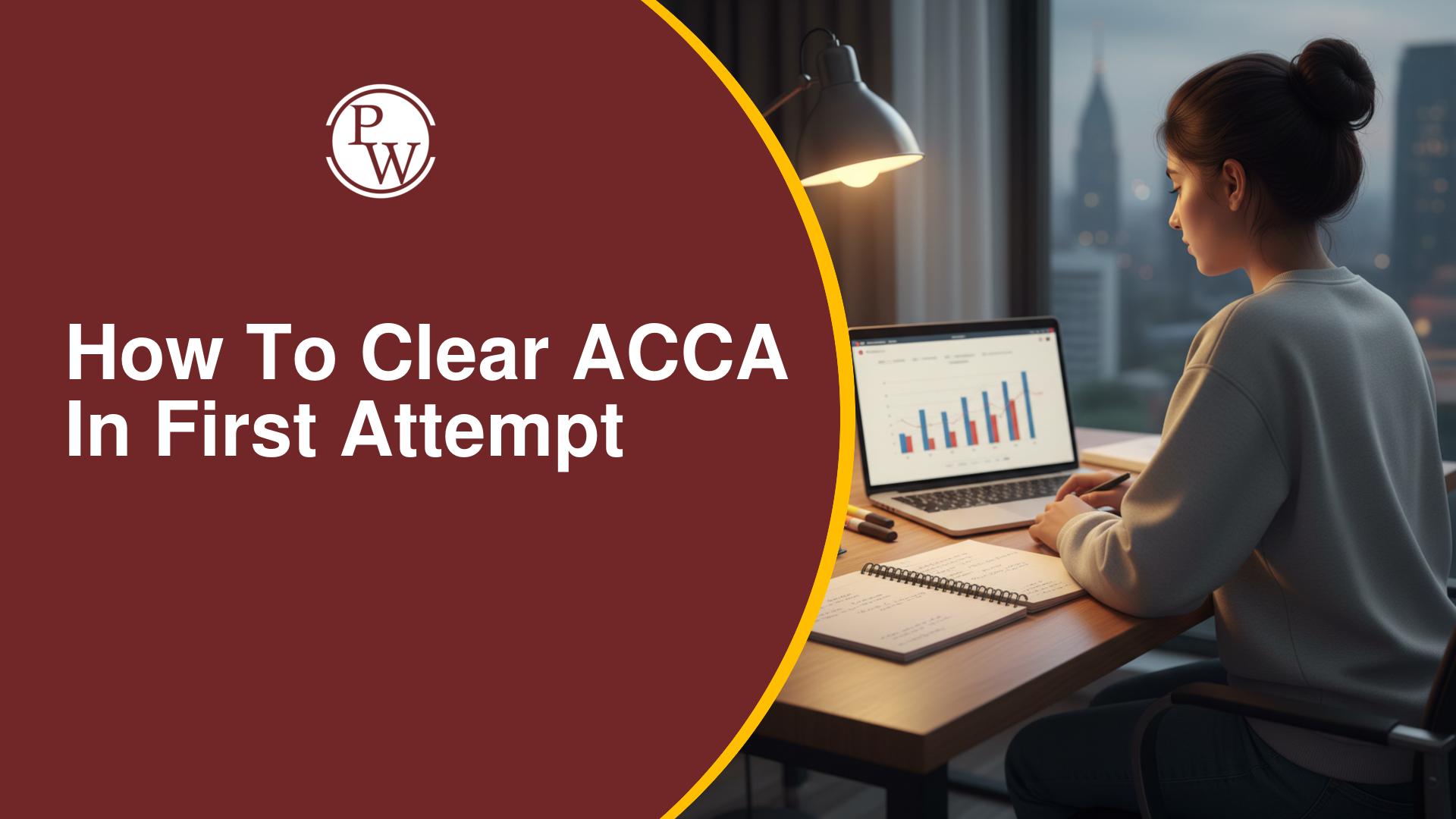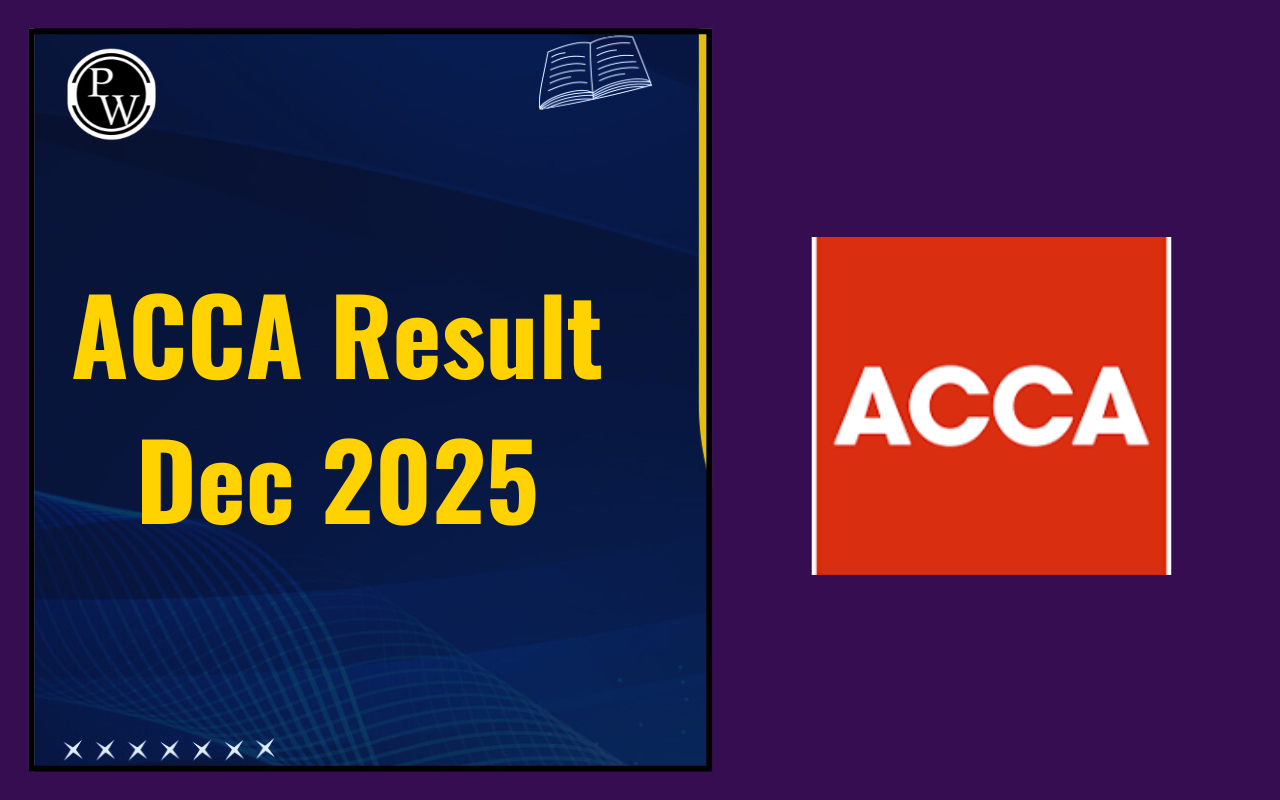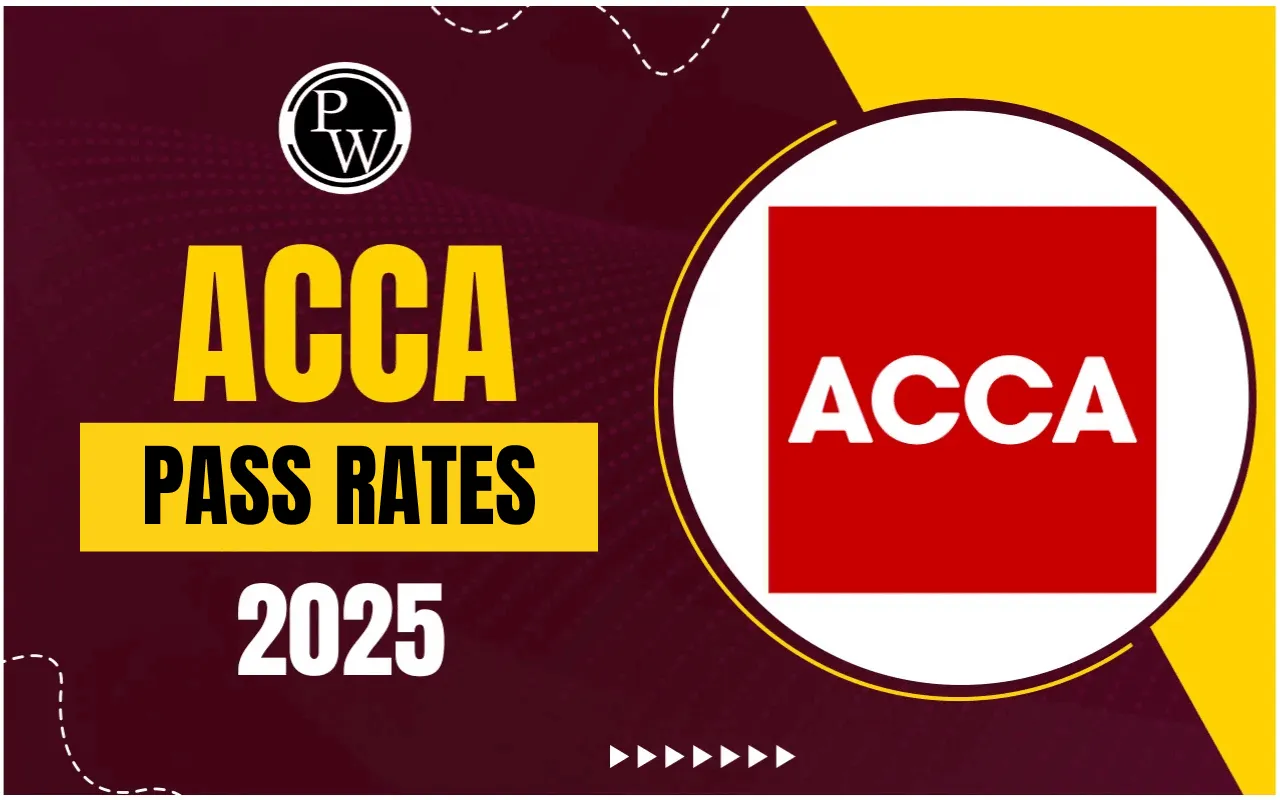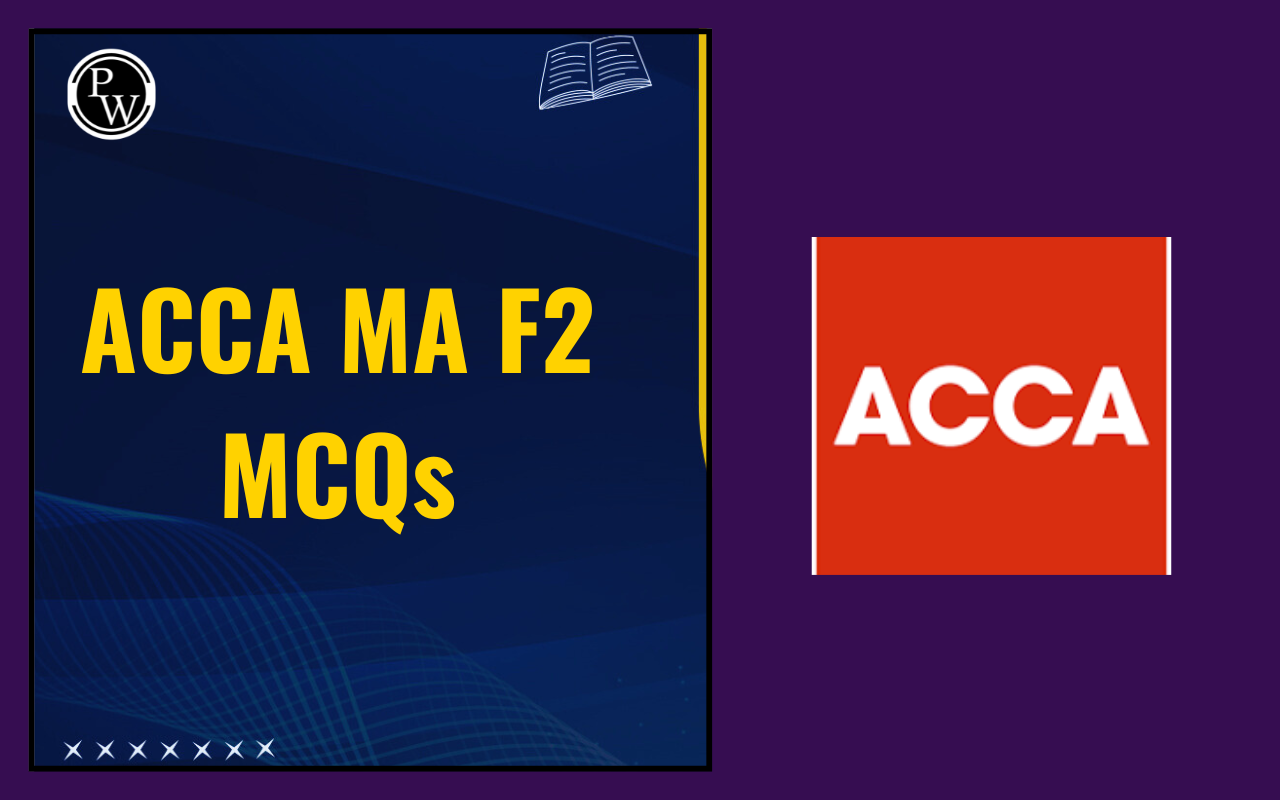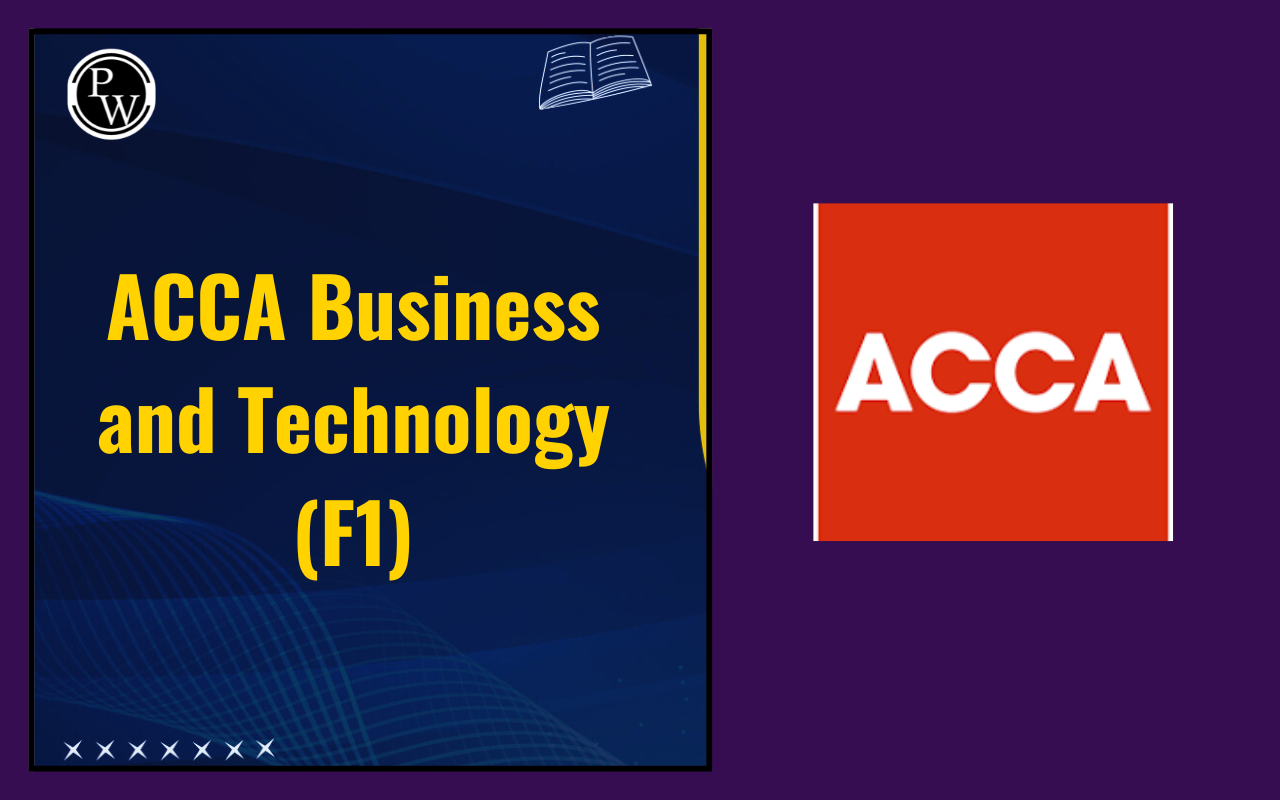
If you are seeking to advance your career in accounting and finance, progressing from AAT to ACCA may be an ideal next step. Read detailed comparison between AAT and ACCA, outlines the process of transitioning. Whether you require information on ACCA exemptions, wish to explore the ACCA syllabus, or are preparing for the examinations, this offers the necessary insights to support your professional growth.
Difference Between AAT and ACCA
AAT and ACCA are both respected qualifications in the world of accounting, but they serve different career levels and goals. AAT (Association of Accounting Technicians) is an entry-level certification designed to give beginners a strong foundation in accounting basics, including bookkeeping, costing, and essential finance skills.
On the other hand, ACCA (Association of Chartered Certified Accountants) is a more advanced, globally recognized qualification. It’s aimed at individuals who want to build or advance a career in professional accounting, finance, or business leadership roles. The ACCA syllabus is broader and covers areas like financial reporting, taxation, auditing, business strategy, and management accounting.
In simple terms, AAT is great for starting your accounting journey, while ACCA takes you towards senior, high-level positions in accounting, finance, and business management.
How Are AAT and ACCA Structured?
The structure of AAT and ACCA qualifications differs significantly to match their distinct purposes. AAT focuses mainly on practical skills and is designed for beginners in accounting and bookkeeping. It is divided into progressive levels, starting from Level 2 (Foundation) and moving up to Level 4 (Professional). This step-by-step approach helps learners build hands-on experience in everyday accounting tasks.
In contrast, ACCA has a more theory-based and exam-heavy structure. It consists of three main levels: Applied Knowledge, Applied Skills, and Professional. The ACCA syllabus dives deep into complex accounting principles, financial management, taxation, auditing, and business strategy, preparing candidates for senior roles and leadership positions in the accounting field.
Simply put, AAT is designed to develop practical accounting skills gradually, while ACCA offers a comprehensive and detailed study path for advanced professional expertise.
Progression from AAT to ACCA
If you already hold an AAT qualification, transitioning to ACCA is smooth and straightforward. ACCA recognizes the knowledge gained through AAT and offers exemptions from some of its early exams. This means you won’t have to repeat topics you’ve already mastered during your AAT studies, saving you time and effort. These exemptions allow you to focus more on advanced ACCA exams, speeding up your journey toward full ACCA certification.
Moving from AAT to ACCA is a smart career decision. While AAT gives you solid foundational skills, ACCA is internationally recognized and opens up more diverse and higher-level job opportunities in accounting and finance. ACCA exams are more in-depth, testing your knowledge and skills at a higher professional level, making you better prepared for leadership roles.
Also Check: How to Get an ACCA Scholarship in 2025?
Exemptions in ACCA for AAT Graduates
One of the biggest advantages of holding an AAT qualification is the ACCA exam exemptions it offers. Depending on your AAT level, you can skip several foundational ACCA exams such as Financial Accounting, Management Accounting, and Business Law. This means you can complete the ACCA syllabus faster and focus more on advanced topics, boosting your expertise and employability.
Cost of Transitioning from AAT to ACCA
Cost is an important factor when moving from AAT to ACCA. Generally, AAT courses and exams are more affordable. However, ACCA involves additional costs including exam fees, study materials, and possibly course fees if you choose professional coaching.
Despite the higher investment, ACCA is highly valuable for your career growth. The overall cost depends on how many exemptions you receive and how many exams you still need to pass. With the right preparation and guidance, pursuing ACCA after AAT is a worthwhile investment that can lead to better salary prospects and greater professional recognition.
Tips for Successfully Transitioning from AAT to ACCA
Making the move from AAT to ACCA can boost your accounting career, but it requires careful preparation. Follow these tips to make your transition smooth and effective:
-
Understand the ACCA Syllabus: Familiarize yourself with the ACCA syllabus to know which topics you will study. This helps you identify the new or challenging areas where you need to focus more.
-
Use Your AAT Exemptions: Make sure to apply for all the ACCA exemptions available based on your AAT qualification. This way, you can skip exams that cover material you already know.
-
Choose Quality Study Materials: Invest in good ACCA study resources and consider enrolling in coaching classes or online courses. Experienced tutors can provide valuable guidance and help you prepare better.
-
Create a Realistic Study Plan: ACCA exams require consistent effort. Develop a study schedule that balances your work, study, and personal life effectively.
-
Join ACCA Networks: Connect with ACCA members or student groups. Networking provides support, insights, and motivation throughout your ACCA journey.
Career Prospects with an ACCA Qualification
An ACCA qualification opens doors to a wide range of high-level roles in accounting and finance. After qualifying, you can pursue careers as a financial analyst, auditor, tax adviser, management accountant, or even chief financial officer.
The ACCA qualification is highly valued by employers globally and is recognized in over 180 countries. This gives you the flexibility to work not only in your home country but also internationally. With ACCA, you can enjoy strong job security, attractive salaries, and opportunities for growth in the finance and business sectors.
| Also Check: |
| How To Self-Study For ACCA? |
| Can You Finish ACCA in Two Years? |
| Is ACCA Easy to Crack? |
| Can Indian ACCA Work In Other Countries? |
Moving From AAT Qualification to ACCA FAQs
Can AAT graduates get exemptions in ACCA exams?
How is the ACCA syllabus different from AAT?
Is it costly to move from AAT to ACCA?
What are the career benefits of ACCA after AAT?

